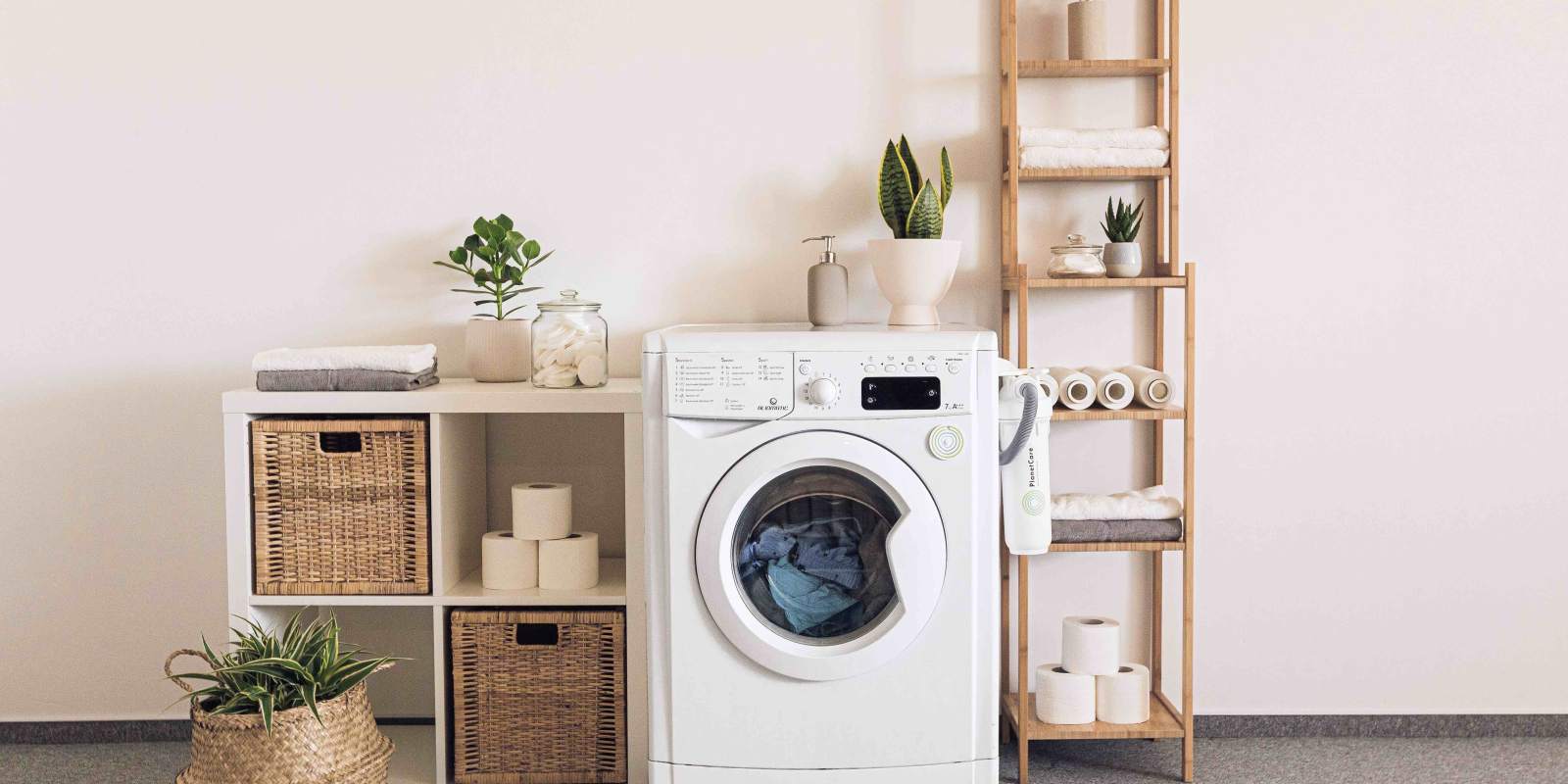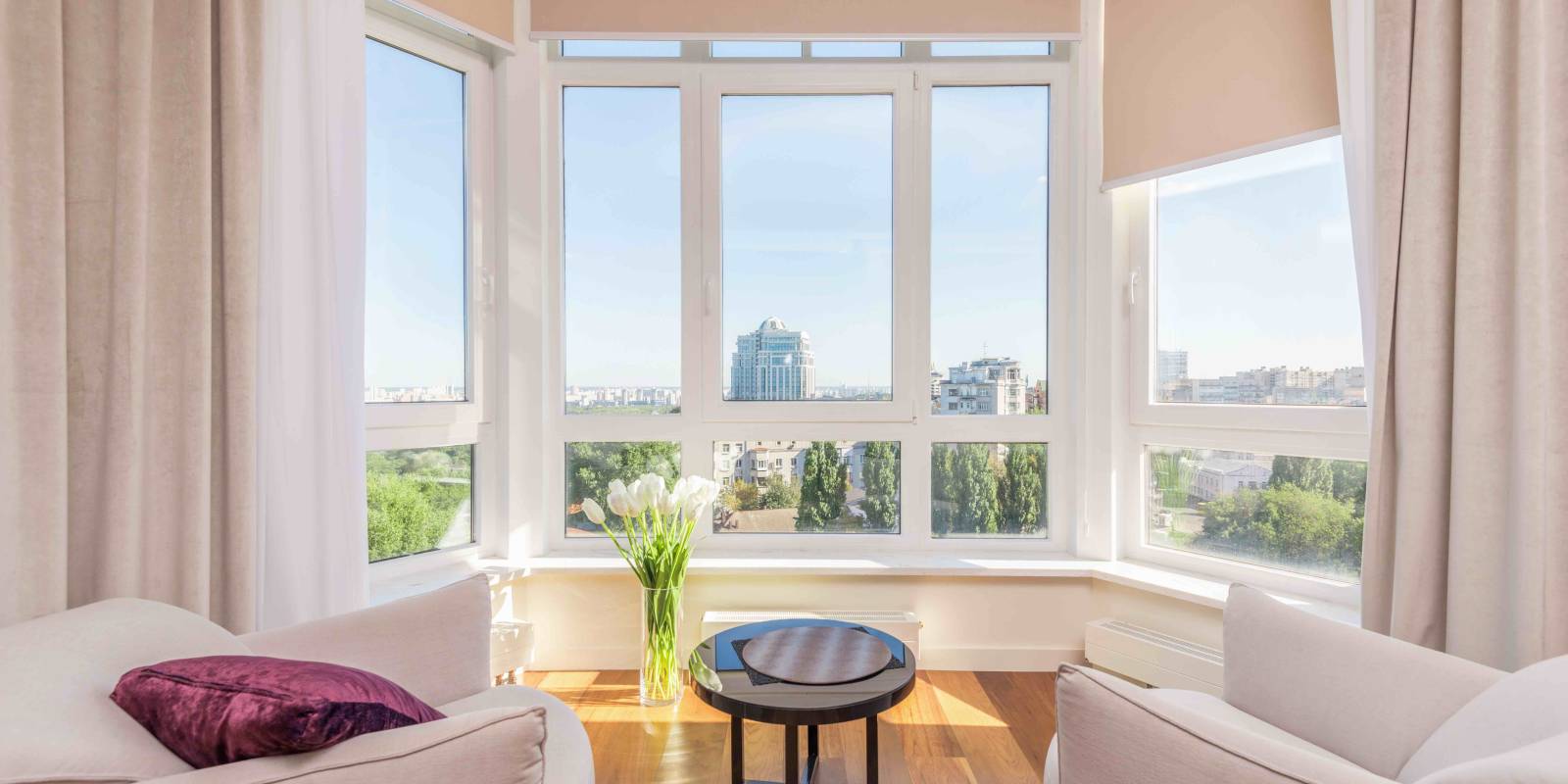Winter is coming and, with the rise of energy prices across Europe, we figured it would be useful to share some tips to help you cut down your bills and save energy at the same time!
Ever wondered what an Energy Performance Certificate (EPC) is? In the UK, buildings are classified with EPC ratings, going from A, the most energy efficient, to G, the worst - which often means the most expensive to heat. Most recent builds or best-insulated homes will fall under the EPC A rating, if you’re lucky enough to fall under this category this means your house is the cheapest to heat! But don’t worry, if that’s not the case we’re here to help you make some quick changes that are good for your wallet and the planet!
1) Switch on to switch off!

Photo: Lightbulbs and plants (source: Unsplash)
Firstly, and yes we know it’s cliché, but turning the lights off when leaving a room can actually make a difference. It is in fact a myth that switching them off for a short time consumes more energy than not! Find yourself forgetting to switch them off? Smart plugs could help you out!
On top of this, as lighting takes around 5% of an average UK home’s energy bills, you could consider switching your bulbs to LEDs. And even better news, let me remind you that the life expectancy of LEDs can reach 14 years!
2) Keep it in!

Photo: Hot water heater in a bathroom (Source: Unsplash)
Better insulation is also essential for cutting your energy bills, and as a first step, try getting an insulation blanket for your water heater. This will reduce the losses; if you don’t want to buy one, just make it yourself!
Draught-proofing is one of the most effective ways to save energy, and could save at least 60£/ year !
For your windows, self-adhesive foam strips to fill the gap between the window and the frame can help, especially when they are non-sliding sash windows. Make sure to choose the right size or you won’t be able to close them completely! If you have non-openable windows, silicone sealant is a great solution. In terms of structural change, investing in low emissions double or triple glazing will allow you to cut down on bills in the long term, as well as upgrade the EPC grade of your home.
For doors, the common air leak points are letterboxes and the bottom gaps. The latter can be addressed using a draught excluder.Don’t forget the internal doors leading to rooms that are not heated!
Similarly, chimneys are usually sources of air leaks, and you can fit a draught excluder inside too, but DON’T FORGET TO TAKE IT OFF WHEN LIGHTING A FIRE!
Controlled ventilation and checking your extractor fans will monitor the level of fresh air entering and reduce condensation and dampness, especially in bathrooms and kitchens.
Thick carpets will allow the reduction of leaks through the floors and reduce the energy used too.
3) Appliances

Photo: Washingmachine and shelves (Source: Unsplash)
Devices using large amounts of water are some of the most energy-consuming appliances. It is however easy to reduce your washing machine consumption by up to 60% per load by choosing 30°C water instead of a warmer setting. Taking showers instead of baths will reduce the amount of water heated, saving energy, money, and water!
The tumble dryer can be easily avoided by drying your clothes on racks inside, this could also save you £65/ year!
4) Rearranging your apartment

Photo: Living room (Source: Unsplash)
Don’t worry, you don’t have to become a Feng Shui expert for this … Here are just a few easy recommendations on how to use your home, or your office, more (energy) efficiently! Moving furniture away from radiators will allow the hot air to flow better; heat reflector foil can be used to prevent the warmth from escaping too.
This tip is the same for light: big furniture in front of windows hides the natural light and increases the need for electric lamps. By moving these away you’ll let in more natural light throughout the day!
5) Smart-meter

Photo: Thermostat (Source: Pexels)
Finally, smart meters and thermostats can be useful investments when it comes to cutting down energy bills. Thermostats will allow you to keep track of your consumption on your phone so that you can avoid bad surprises at the end of the month! Lowering the temperature by 1°C is barely noticeable and is definitely recommended to cut down the bills, time to layer up and switch your summer wardrobe to your winter one!
Individual responsibility and action are important parts of reaching sustainability goals, however, the priority relies on governmental decisions and policies.
Reducing your energy consumption is a great way to cut down your carbon footprint as, despite the UK’s progress towards renewable energy production, 38.6% of total production, the majority of energy is still generated by burning fossil fuels (41.9% of total production), mainly natural gas and oil. Make the switch to a green energy provider if you can and be the part of the change you want to see!
Don’t hesitate to share these tips with your family, friends, and colleagues to all play their part in making a positive impact!










